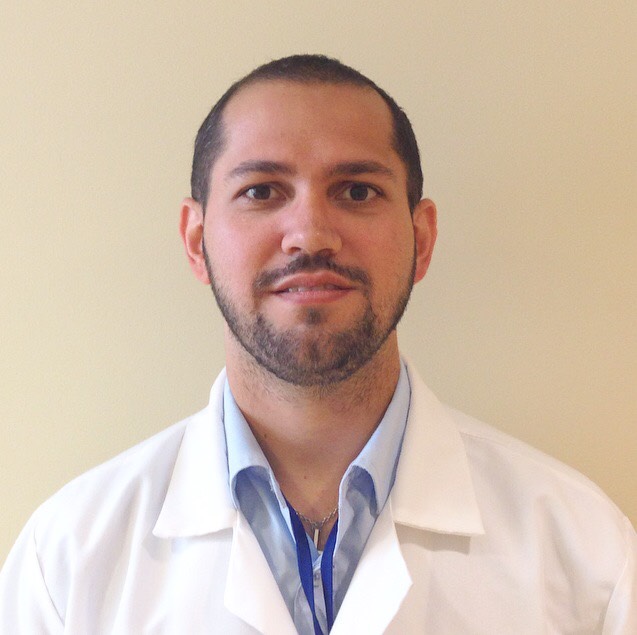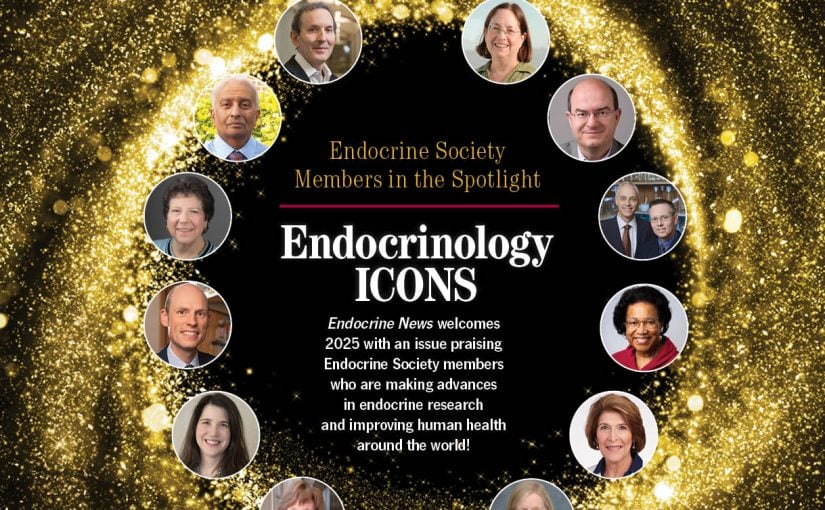
My passion for medicine, specifically endocrinology, started very early in my life. My mother recently reminded me that when I was seven years old, I told her that I wanted to become a doctor, not just a simple doctor, but one who contributes in some fashion to the world. At the age of 13, I had the need to see an endocrinologist. That visit changed my entire life. The hormonal world started to become something more important in my daily life and my love for medicine developed and intensified. By the age of 15, I started reading about cellular biology and I figured out that hormones, in any of their forms, are how our body communicates.
Finally during my adolescence, I realized that endocrinology was the area of medicine that really controls our bodies and that the pituitary system was the center of this entire engine. Before entering medical school, my desire to become an endocrinologist and more specifically, a neuroendocrinologist, was so high that I spent the majority of my nights reading about the pineal and hypophysis glands. I was impressed how most ancient cultures considered these two glands the center of our body. For the Indians, the pineal gland is the third-eye or the “Ajna Chakra.” After all of this reading, I realized that what we consider modern endocrinology is deeply based in ancient cultures and medicines.
Upon entering medical school, I was randomly assigned to a mentor who was both an endocrinologist and my biochemistry professor. What a beautiful combination! Dr. Mendoza inspired me to work harder to achieve my dreams in endocrinology. I remember that when I had any free time, I accompanied him to see patients in his clinic, correlating all the pathologies with biochemical pathways. When I finished medical school, I was sure that what I wanted to dedicate my entire life to the study of hormones and to focus on the neuroendocrine system. With that, I decided to pursue an internal medicine residency. During my residency, I immediately I found two great mentors (Dr. Florez and Dr. Ayala) who guided me through the science of endocrinology, research and reinforced my passion for this area.
“Understanding how one cell controls another through hormonal pathways is what I consider the future of medicine.”
Later, I had the opportunity to pursue an endocrine fellowship with a focus on neuroendocrine research at the National Institute of Health under the guidance of Dr. Stratakis and other wonderful mentors (Dr. Skarulis, Dr. Muniyappa, Dr. Abraham, Dr. Sharma). During that time, I realized that endocrinology was the perfect combination between science and medicine. I understand the complexity of the endocrine system and how to discover new pathways that will guide treatment and diagnosis in the future, which is why I believe that endocrinology is the most perfect area of all clinical specialties. Understanding how one cell controls another through hormonal pathways is what I consider the future of medicine. Endocrinologists have the keys and the knowledge to do this.
I chose endocrinology because I wanted to be an excellent researcher, clinician, and educator, and there is no other area of medicine that can combine these three skills in such a perfect way. I have been fortunate to have great mentors along my career path and I hope to provide such guidance to future researchers and doctors going forward to repay in some small measure the good fortune I have received, and to further influence the future of medicine overall.

